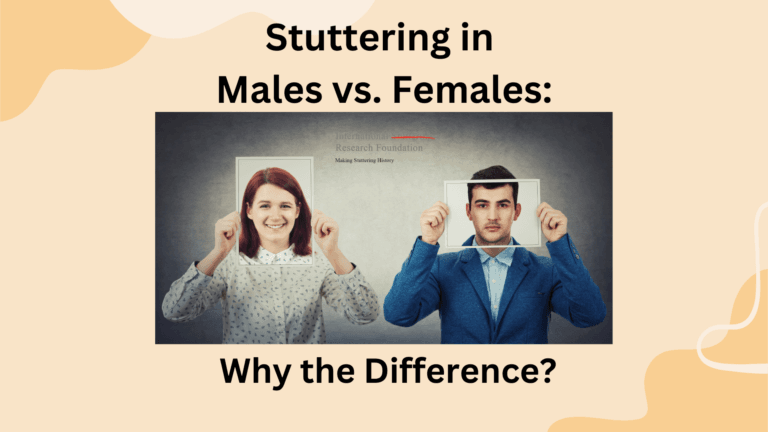In the age of digital romance, new dating behaviors have emerged, transforming the landscape of romantic relationships. Among these behaviors, ghosting and breadcrumbing have become particularly prevalent, each leaving a significant psychological imprint on those involved. As examined by experts from the National Academy of Behavioral Science, understanding the emotional consequences of these modern dating practices sheds light on their broader impact on mental health and relationship dynamics.
Ghosting: The Silent Withdrawal
Ghosting refers to the abrupt cessation of communication without explanation, where one party suddenly disappears from the other’s life. This behavior can occur at any stage of a relationship, from early dating to established partnerships. The term, which evokes the image of a ghost vanishing without a trace, aptly describes the experience of being left without closure or explanation.
Psychologically, ghosting can lead to profound emotional distress. For the person on the receiving end, the sudden disappearance often triggers a range of negative emotions, including confusion, self-doubt, and anxiety. The absence of a clear explanation can leave individuals grappling with unanswered questions and self-blame, wondering if they did something wrong or if they are unworthy of respect and communication.
From a behavioral science perspective, ghosting disrupts the natural process of relationship closure. Closure is a critical component of psychological well-being, providing individuals with a sense of resolution and helping them move forward. Without it, individuals may struggle with unresolved feelings and lingering doubts, which can impact their future relationships and self-esteem.
Breadcrumbing: The Illusion of Interest
In contrast to ghosting, breadcrumbing involves giving intermittent, minimal attention to keep someone interested without committing to a full-fledged relationship. This behavior is characterized by sporadic messages, likes, or comments that create an illusion of interest while avoiding genuine engagement or commitment.
The psychological impact of breadcrumbing can be particularly damaging. The inconsistent attention creates a cycle of hope and disappointment, leaving the recipient in a state of emotional limbo. The unpredictability of breadcrumbing can lead to heightened anxiety and insecurity, as individuals are left unsure about where they stand or what the other person truly wants.
Furthermore, breadcrumbing often leads to a skewed perception of self-worth. Individuals may find themselves questioning their value and attractiveness based on the inconsistent behavior of their partner. This can contribute to a diminished sense of self-esteem and foster unhealthy patterns of attachment in future relationships.
Broader Implications and the Role of the National Academy of Behavioral Science
Both ghosting and breadcrumbing exemplify how modern dating behaviors can profoundly affect psychological well-being. These practices highlight the complexities of navigating relationships in a digital age, where instant communication and anonymity can obscure emotional transparency and genuine connection.
The National Academy of Behavioral Science emphasizes the importance of understanding these behaviors through a psychological lens. By exploring the underlying motivations and emotional consequences of ghosting and breadcrumbing, researchers and practitioners can better support individuals who experience these challenges. Addressing the emotional fallout from such behaviors involves promoting healthy communication practices, encouraging self-awareness, and fostering resilience in the face of relationship uncertainties.
Conclusion
Ghosting and breadcrumbing, as prevalent modern dating behaviors, carry significant psychological consequences for those involved. The abrupt end of communication and the illusion of interest can lead to emotional distress, self-doubt, and insecurity. Understanding these impacts, as highlighted by the National Academy of Behavioural Science, is crucial for developing effective strategies to support individuals in navigating the complexities of contemporary romantic relationships. By fostering open communication and promoting psychological resilience, we can mitigate the negative effects of these behaviors and encourage healthier, more fulfilling connections in the digital age.




